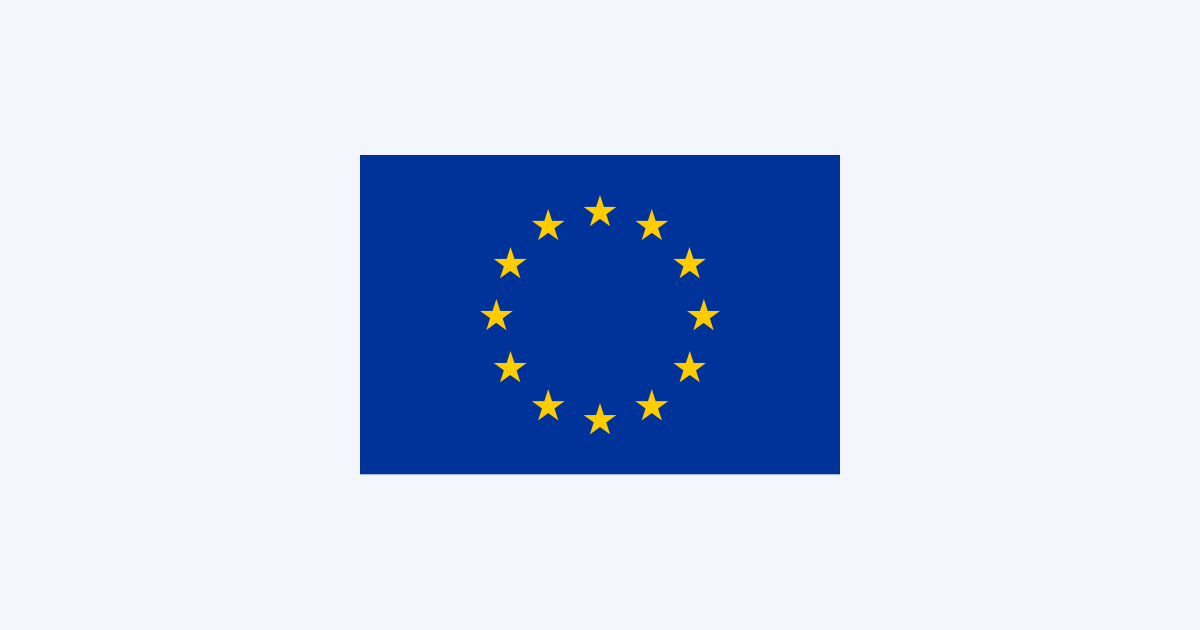Politics
Habitats directive: Council agrees on the targeted proposal to change the protection status of the wolf

Today, member states’ representatives (Coreper) approved the Council’s mandate on changing the protection status of the wolf, aligning EU legislation with the updated Bern Convention. The mandate includes a targeted amendment of the habitats directive – the EU law that implements the Bern Convention – to reflect the revised protection level of wolves from ‘strictly protected’ to ‘protected’.
The objective is to provide more flexibility in managing wolf populations across EU countries, in order to improve coexistence and to minimise the impact of the growing population of the species, including socioeconomic challenges. Member states may have stricter protection levels in place.
The Council’s position contains no changes vis-à-vis the initial Commission’s proposal on this targeted amendment of the habitats directive.
Member states’ representatives endorsed the objective of aligning EU legislation with the recent decision of the Bern Convention which entered into force on 7 March 2025, following the EU proposal to modify the protection status of the wolf from strictly protected to protected species.
While wolves would no longer be under the status of strictly protected species, member states should still ensure the wolf favourable conservation status and apply monitoring measures which may lead to temporary or local bans on hunting. Moreover, EU funding and support will still be available for coexistence and prevention measures and state aids for compensating affected farmers may remain in place.
However, member states still have the possibility to list the wolf as a strictly protected species in their national legislation, and to have stricter measures in place for its protection.
Next steps
The European Parliament aims to adopt its position in May 2025. If this position is identical to the Council’s mandate, the Council will then formally adopt the amending directive.
Background
The Bern Convention, which was adopted in 1979 and entered into force in 1982, is an international treaty under the aegis of the Council of Europe which aims to ensure the conservation and protection of wild plant and animal species and their natural habitats.
To this end, the convention imposes legal obligations on contracting parties, protecting over 500 wild plant species and more than 1 000 wild animal species.
Its decision-making body, the Standing Committee, meets every year in Strasbourg. The EU and its member states are parties to the Bern Convention.
On 20 December 2023, the Commission forwarded to the Council a proposal for a decision to adapt the protection status of the wolf under the Bern Convention. Changing the protection status of the wolf under the Bern Convention is a prerequisite for any corresponding changes to its status at EU level. On 26 September 2024, the Council adopted a decision to submit, on behalf of the European Union, a proposal to amend the conservation status of the wolf. The decision of the Bern Convention entered into force on 7 March, allowing the EU to adapt the corresponding laws.
The conservation status of the wolf has shown a positive trend over the last few decades. The species has successfully recovered across the European continent, and the estimated population has almost doubled in 10 years (from 11 193 in 2012 to 20 300 in 2023).
This continued expansion has led to socio-economic challenges, in particular as regards coexistence with human activities and damage to livestock. According to the latest available data from member states, wolves are estimated to kill at least 65 500 heads of livestock each year in the EU.
Politics
EU changes protection status of wolves in Europe

DISCLAIMER OPINIONS: The opinions of the authors or reproduced in the articles are the ones of those stating them and it is their own responsibility. Should you find any incorrections you can always contact the newsdesk to seek a correction or right of replay.
DISCLAIMER TRANSLATIONS: All articles in this site are published in English. The translated versions are done through an automated process known as neural translations. If in doubt, always refer to the original article. Thank you for understanding.
DISCLAIMER PHOTOS: We mostly used photos images that are readily available online, from free sources, or from the people promoting the news. If by any chance it happens that we have used one of your copyrighted photos, please do not hesitate to contact us and we will take it down without question. We do not make profits as this is a not for profit project to give voice to the voiceless while giving them a platform to be informed also of general news, and it is completely free.
Politics
Commission adopts Ocean Pact to protect marine life and strengthen blue economy



DISCLAIMER: Information and opinions reproduced in the articles are the ones of those stating them and it is their own responsibility. Publication in The European Times does not automatically means endorsement of the view, but the right to express it.
DISCLAIMER TRANSLATIONS: All articles in this site are published in English. The translated versions are done through an automated process known as neural translations. If in doubt, always refer to the original article. Thank you for understanding.

– Advertisement –
– Advertisement –
The ocean shapes our economies, our food systems, even the air we breathe. To better protect our ocean, the Commission has adopted a European Ocean Pact, which will help to promote a thriving blue economy and support the well-being of people living in coastal areas.
This Ocean Pact brings together EU ocean policies under one single and coordinated framework. It will do so through a collaborative approach between EU countries, regions, and stakeholders, including fishers, innovators, investors, scientists, and civil society. Six priority areas for action will define this work, namely
- protecting and restoring ocean health by supporting EU countries in their efforts to restore degraded coastal marine habitats
- boosting the competitiveness of the EU sustainable blue economy including by strengthening the EU’s maritime industry and by introducing a Blue Generational Renewal Strategy, to foster access to young professionals in marine research, ocean tech, and sustainable fisheries
- supporting coastal and island communities, and outermost regions by presenting new or updated strategies for these regions and communities
- enhancing maritime security and defence by strengthening EU coast guard cooperation and maritime border security
- advancing ocean research, knowledge, skills and innovation by proposing an ambitious EU Ocean Observation Initiative
- strengthening EU ocean diplomacy and international ocean governance by stepping up its fight against illegal, unreported and unregulated fishing
The European Ocean Pact will be complemented by an ocean act by 2027, which will help to ensure the implementation of the priorities of the pact. An EU Ocean Pact dashboard will be used to track progress.
For more information
Press release: Commission adopts European Ocean Pact for a healthy ocean, a competitive blue economy and thriving coastal communities
More information about the European Ocean Pact
Source link
More from the author
– EXCLUSIVE CONTENT –
Politics
The European Union and the Republic of Moldova confirm their strong partnership at the 9th EU-Moldova Association Council meeting


© FRVS+MPCP 2022. The European Times® News is registered as an EU Trademark. All rights reserved. The European Times® and the logo of The European Times® are EU trademarks registered by FRVS+MPCP.
Members/Partners of

About Us
Popular Category
DISCLAIMER OPINIONS: The opinions of the authors or reproduced in the articles are the ones of those stating them and it is their own responsibility. Should you find any incorrections you can always contact the newsdesk to seek a correction or right of replay.
DISCLAIMER TRANSLATIONS: All articles in this site are published in English. The translated versions are done through an automated process known as neural translations. If in doubt, always refer to the original article. Thank you for understanding.
DISCLAIMER PHOTOS: We mostly used photos images that are readily available online, from free sources, or from the people promoting the news. If by any chance it happens that we have used one of your copyrighted photos, please do not hesitate to contact us and we will take it down without question. We do not make profits as this is a not for profit project to give voice to the voiceless while giving them a platform to be informed also of general news, and it is completely free.
Editor Picks
-
EU & the World4 days ago
Aurora Borealis Forecast: Where & When to See the Northern Lights Tonight
-

 Sports6 days ago
Sports6 days agoChampions League Final 2024-2025: PSG-Inter, official lineups
-

 Sports7 days ago
Sports7 days agoPSG-Inter, Nicolò Barella jokes about Gianluigi Donnarumma
-

 EU & the World5 days ago
EU & the World5 days agoRihanna’s Parents: About Her Late Dad Ronald Fenty & Mom Monica Braithwaite
-

 Sports7 days ago
Sports7 days agoPSG-Inter, Lautaro Martinez unveils recipe for finals
-

 Politics7 days ago
Politics7 days agoEU and India Forge Deeper Maritime Ties with Historic Joint Naval Exercise in the Indian Ocean
-

 Sports5 days ago
Sports5 days agoOfficial: Damien Comolli new general manager of Juventus.
-

 EU & the World6 days ago
EU & the World6 days agoIs Pam Bondi Married? About the Attorney General’s Relationships & Ex-Husbands








